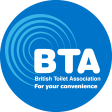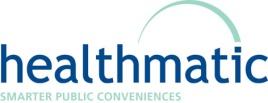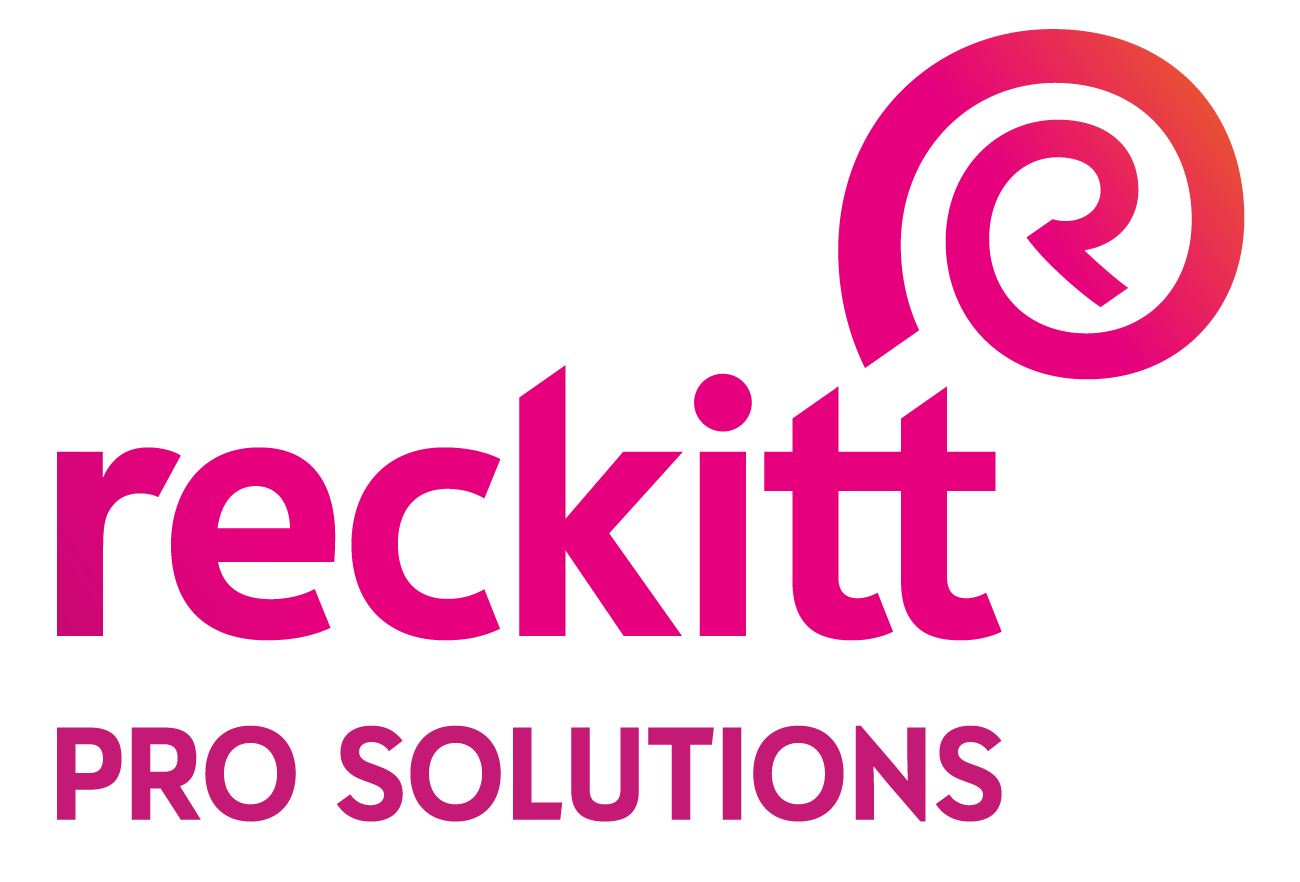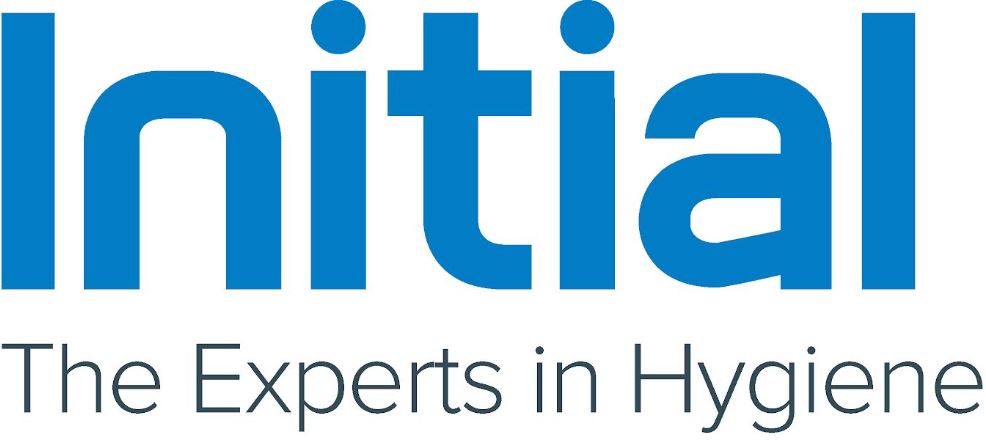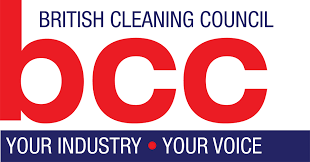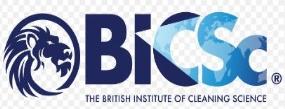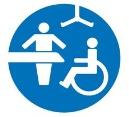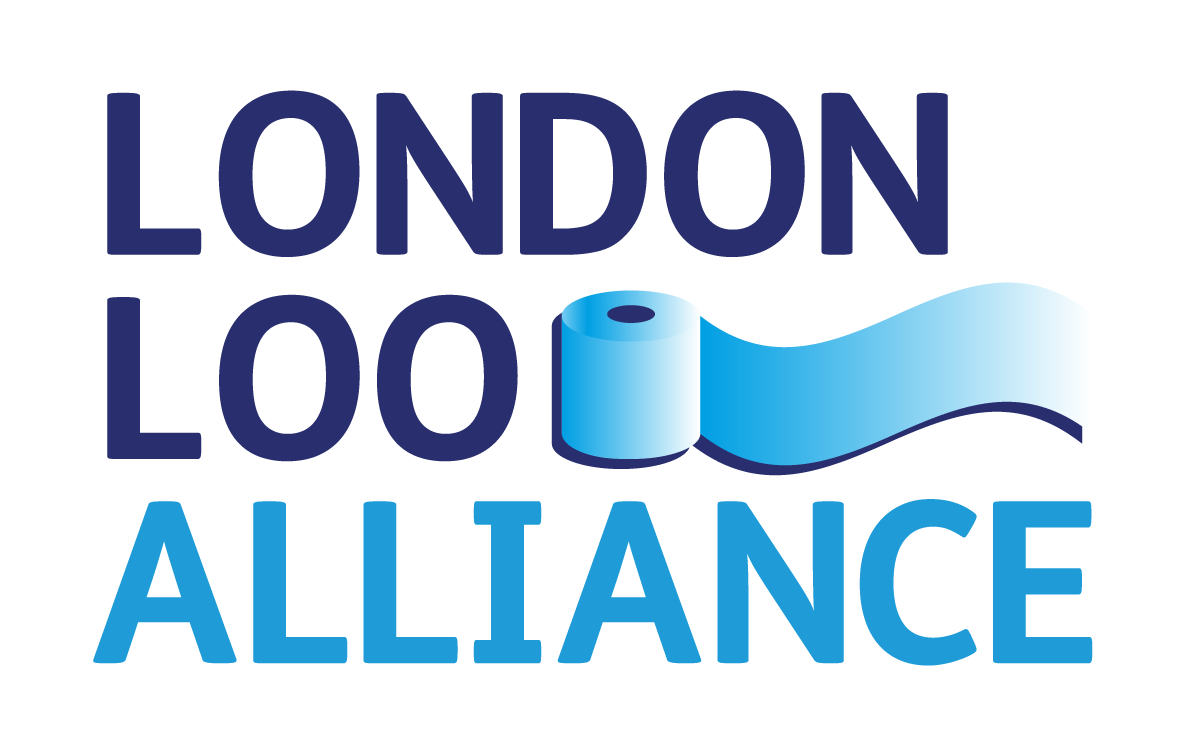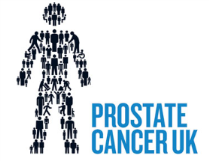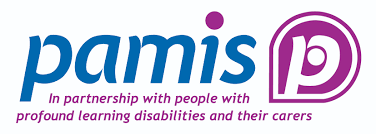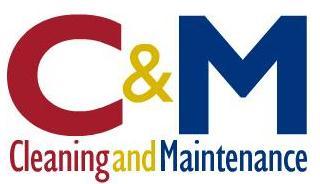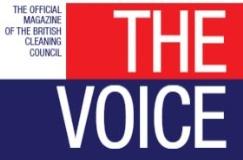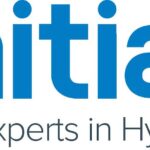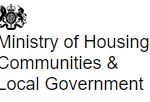PAMIS
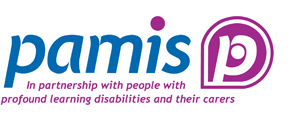
PAMIS was established in 1992 to provide support for people with profound and multiple learning disabilities (PMLD), their family and carers and interested professionals.
Aims
Our commitment is to ensure that:
- people with profound and multiple learning disabilities are valued both as individuals and in the contribution they make to the community
- they should receive all the support needed to participate fully in everyday life
- their right to a full life shaped by personal choice, abilities and needs underlies all provision and policy affecting their lives
- the knowledge and experience of family carers is recognised, and that their views are fully taken into account in relation to the support they are offered.
To achieve this, PAMIS offers families:
- practical help, advice, training and information
- individual support, and contact with other families
- assistance with achieving better access to community resources, whether mainstream or specialist
- the opportunity to influence policy and services significantly, both at local and national levels
PAMIS is a voluntary organisation and registered charity with a board of governors.
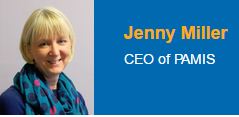
Children and adults with profound and multiple learning disabilities have a great contribution to make, if only we take time and listen to them. PAMIS works with families to try to make sure that they have community opportunities and can enjoy a full life – by opening doors and minds.
People with profound and multiple learning disabilities (PMLD) are amongst the most disadvantaged in society. Although there is no nationally or internationally agreed definition of PMLD it is agreed that they have a range of complex needs, which include; a profound learning disability as well as a physical disability that seriously affects their ability to undertake everyday tasks and is likely to limit their mobility. The majority are therefore life-long wheelchair users. They are also likely to have sensory impairments with either vision or hearing affected, and in a proportion, limitations to both senses. A significant number also have epilepsy. Their communication is usually non verbal though some have limited speech. However, all have the capacity to communicate in a variety of ways. Their healthcare needs are complex and may be life threatening. Areas of particular difficulty relate to respiration, eating and drinking (dysphagia) and cerebral palsy. Some will also have challenging behaviour. Family carers routinely carry out intensive 24-hour care programmes to provide support and a good quality of life for their daughter/son.
Their priority therefore is to provide support to family carers and this is carried out through our dedicated Family Support Service, by co-ordinators in Tayside, Grampian, South Lanarkshire, Fife and Greater Glasgow and Clyde. They also provide additional intensive support to family carers through the difficult and often stressful period of transition from children to adult services through the Futures Project.
The Information and Library Service is based at the head office in Dundee and provides specialist advice and information on all areas concerning complex disabilities. There is also an extensive library which lends resources across Scotland.
Finally they have a number of leisure projects to promote accessible leisure activities for people with profound and multiple disabilities – the Freestyles Project, SOMA in Dundee and Accessible Leisure in Glasgow.
Registered Charity: 1011895, Scottish Charity Register: CO38601, Company Limited by Guarantee No: 2717020



